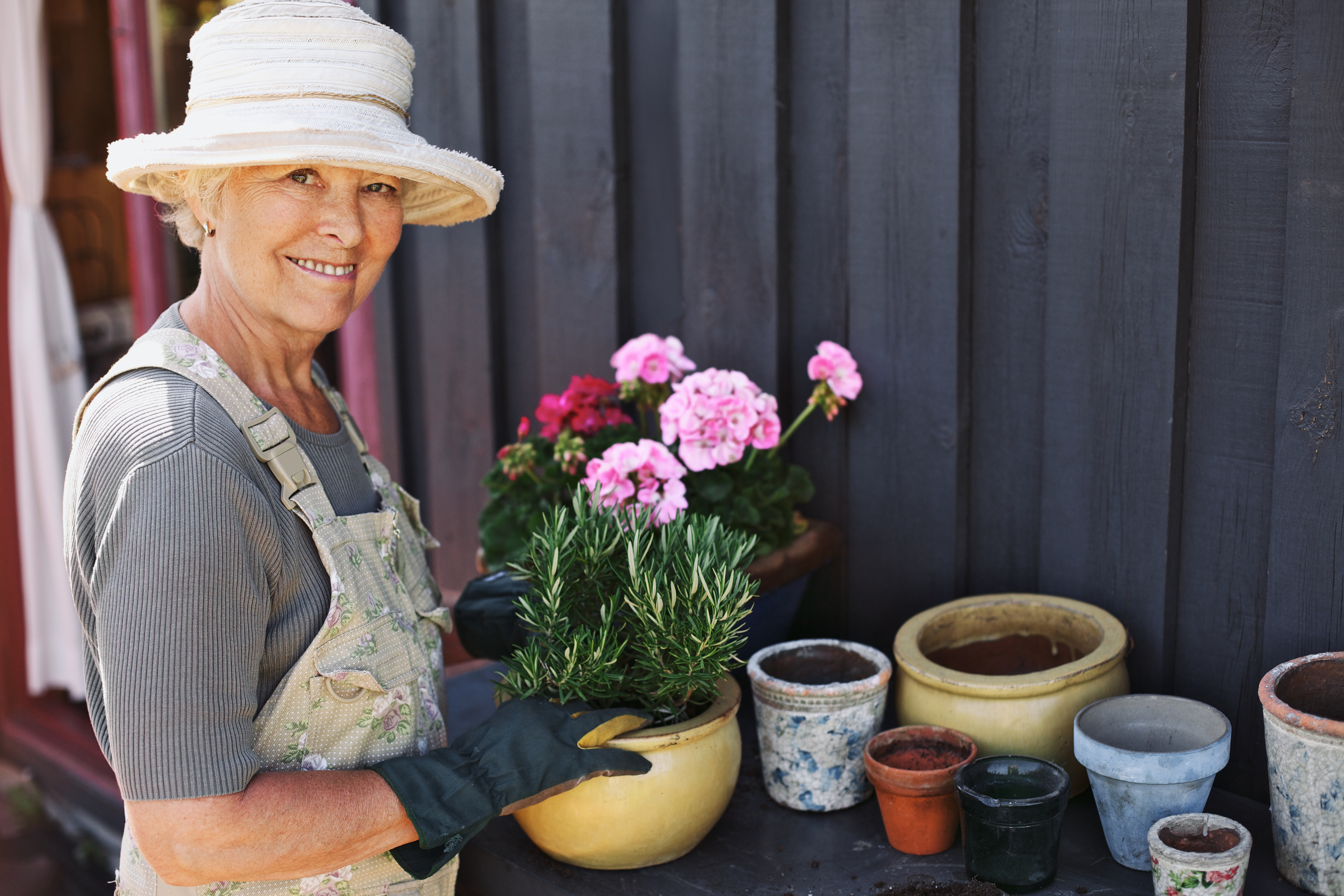News
3 August 2021
COVID-19 could put women at disadvantage
Fears are growing that women could be put at a disadvantage by withdrawing more of their KiwiSaver in advance than men, because of financial pressure from COVID-19.
This would make managing their retirement harder than it is for men.
This is the view of two academics at Auckland University, Associate Professor Susan St John and Dr Clare Dale, who work in the Retirement Policy and Research Centre at the University's Business School.
The pair stress that it's not yet clear just how serious KiwiSaver withdrawals for women will be and plan to work hard to find answers to this problem, but existing evidence indicates they are on the right track.

What could your income be?
We use the Lifetime Annuity Factor to calculate your personal annual income paid fortnightly, after tax and fees.
For one thing, more people of any gender are taking money out of their KiwiSaver accounts due to financial hardship. By June last year, this number had risen to 20,000, up from 5200 in 2011, according to figures from the Inland Revenue Department.
These statistics do not have a gender breakdown, but Professor St John thinks other factors mean women will turn out to be disproportionately affected because of gender disparities across the retirement spectrum that have already been proven.
A document published in this newsletter in March showed there were 31,000 more houses owned solely by men than by women, according to research from CoreLogic. In addition, the gender pay gap was 9.5%.
Parallel research by ASB published just a few weeks ago showed a woman's KiwiSaver nest-egg was on average 12% less than a man's.
That was despite the fact that women had better savings habits than men, however, this was still not enough to cancel out the earnings gap.
All these factors have been interpreted as proving life in retirement is already harder for women than for men. Professors St John and Dale hope their research will reveal how much early KiwiSaver withdrawals will make this problem still worse. The research will build on their own paper published last September, which anticipated the findings of the CoreLogic and ASB analysts.
“Women on average live longer than men and are more likely to live alone or be widowed,” the pair wrote in their paper.
“They are more likely to arrive at retirement without secure housing, to have saved less because of caring duties and lower wages, and thus to experience greatly restricted lifestyles in retirement.
“Older female poverty can be expected to re-emerge and, without adequate policy responses to the COVID-19 recession, is likely to become much worse in the next decade.”
Professor St John says if gender bias is such a big problem in retirement generally, then it is only logical that it would crop up in KiwiSaver withdrawals. She is combing official documents to find out how big this problem is, and how much harder it will make it living in retirement for women.
